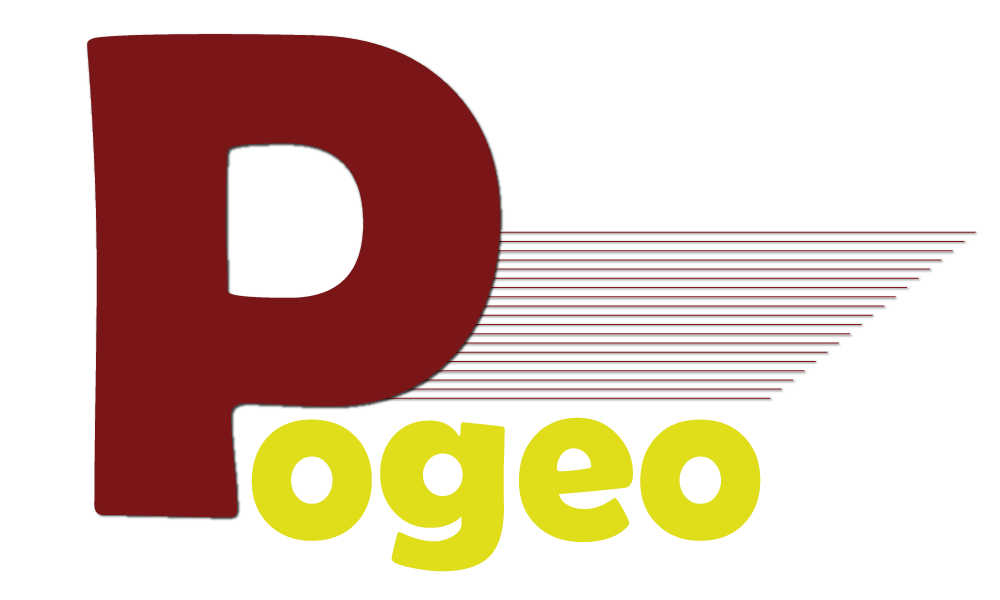Introduction
When it comes to health, most people know the basics: eat more vegetables, cut down on junk food, stay hydrated. Yet beneath these simple recommendations lies a much larger truth—nutrition is one of the most powerful determinants not just of how we feel day to day, but of how long we live and how well we age.
The food choices we make are not simply about weight or energy. They ripple into our risk of disease, our ability to recover from illness, our resilience against stress, and ultimately our lifespan. Across cultures and centuries, diet has always been central to human survival. But in today’s world of abundance, marketing, and convenience, it has become both more complicated and more critical to get right.
Food as a Foundation for Longevity
“The body is an intricate machine, constantly repairing itself, fighting off threats, and adapting to stressors. Food provides the raw materials for all of these processes, from the amino acids that rebuild muscle to the antioxidants that neutralize cellular damage. Over time, poor nutrition accelerates wear and tear, while balanced nutrition builds resilience.” shares Alex Constantinou – MD at The Fitness Circle
The clearest evidence comes from populations in so-called “Blue Zones,” regions such as Okinawa in Japan or Sardinia in Italy, where people routinely live into their 90s and beyond in good health. These communities share not only active lifestyles and strong social connections but also diets rich in plants, legumes, whole grains, and healthy fats, with minimal processed foods. Their longevity demonstrates that food is not just fuel but a daily prescription for health.
The modern diet, however, tells a very different story. In many industrialized countries, meals are dominated by refined carbohydrates, sugar-laden drinks, processed meats, and ultra-processed snacks. These foods provide quick energy but at a high cost: inflammation, insulin resistance, and metabolic stress that gradually undermine the body’s ability to function. The link between poor diet and chronic diseases such as obesity, type 2 diabetes, heart disease, and cancer is undeniable. Nutrition can therefore be seen as the frontline defense in the fight against both early mortality and diminished quality of life.
The Silent Role of Micronutrients
While much public discussion about food focuses on macronutrients—protein, fat, carbohydrates—the unsung heroes of longevity are often micronutrients.
Vitamins, minerals, and phytonutrients may be required only in small amounts, but their absence or deficiency can set off a cascade of problems. Lack of vitamin D is linked not only to bone weakness but also to impaired immune function and higher risk of chronic illness. Insufficient magnesium undermines cardiovascular health, while antioxidants like vitamin C and E help protect cells from oxidative stress, a key factor in aging. Modern diets heavy in processed foods often lack these essentials, even in people who are consuming more than enough calories. This paradox of being “overfed but undernourished” is one of the most pressing nutritional challenges of our time.
“The importance of micronutrients also highlights the limits of supplements as a quick fix. While pills and powders may provide certain vitamins, they rarely capture the full synergy of nutrients found in whole foods. A tomato, for instance, doesn’t just provide lycopene but also a network of compounds that work together in ways scientists are still discovering. This is why dietary patterns matter more than isolated ingredients. Eating a variety of colorful fruits and vegetables, whole grains, nuts, and seeds ensures a broad spectrum of micronutrients that support long-term health in a way no single supplement can.” shares Ben Goldberg, CEO of Food Truck Promotions
Metabolism, Aging, and the Modern Challenge
“As we age, metabolism slows, cells accumulate damage, and the risk of disease rises. Nutrition plays a critical role in how these processes unfold. Diets high in sugar and refined carbohydrates accelerate aging by promoting insulin resistance, which not only increases the risk of diabetes but also accelerates cellular wear and tear.” shares Jessica Shee from iboysoft.com
On the other hand, dietary patterns that stabilize blood sugar—such as those emphasizing whole grains, fiber, and lean proteins—help preserve metabolic health well into later life. Emerging research also points to the benefits of dietary practices like intermittent fasting or time-restricted eating, which may promote cellular repair processes known as autophagy.
These approaches echo traditional eating patterns where periods of scarcity were natural, suggesting that the human body is adapted not for constant abundance but for rhythms of eating and rest.
The challenge today is that abundance is unavoidable. Modern food environments are designed for convenience and profit, not health. Supermarkets, vending machines, and fast-food outlets bombard people with cheap, calorie-dense options that undermine long-term well-being. Marketing further complicates choices, often presenting highly processed items as “healthy” through clever packaging or buzzwords. Navigating this landscape requires awareness and discipline, but also structural change.
Public health initiatives, food policy reforms, and education all have roles to play in making nutritious choices the default rather than the exception.
Beyond Physical Health: Nutrition and the Mind
“The influence of food extends beyond physical health into mental and emotional well-being. Growing evidence links diet quality to mood disorders, cognitive function, and risk of neurodegenerative diseases. Diets high in processed foods, sugar, and trans fats have been associated with higher rates of depression and anxiety, while diets rich in omega-3 fatty acids, fiber, and antioxidants support brain health and emotional resilience.” adds Alex Taylor, Head of Marketing at Ichessed
The gut-brain connection, mediated by the microbiome, further emphasizes how food shapes mental states. A diverse, fiber-rich diet fosters healthy gut bacteria that in turn produce neurotransmitters influencing mood and cognition.
For longevity, this connection is critical. Living longer is only valuable if those years are lived with clarity, purpose, and emotional well-being. Alzheimer’s disease and other forms of dementia are among the most feared conditions of aging. While no diet can guarantee prevention, patterns such as the Mediterranean or MIND diets show significant promise in reducing risk. In this way, nutrition not only adds years to life but life to years.
Cultural Patterns and Practical Realities
Nutrition is never just about biology—it is deeply cultural. Food is tied to identity, tradition, and community, and these elements shape both what and how we eat.
“In many long-lived societies, meals are communal, reinforcing social bonds that themselves contribute to well-being. Cooking traditions often emphasize whole ingredients, seasonal availability, and moderation, offering valuable lessons for modern eaters. Yet globalization and urbanization have disrupted these traditions, replacing home-cooked meals with packaged, fast, and processed alternatives.” adds Ben Flynn, Marketing Manager.
The result is a widening gap between traditional diets associated with longevity and modern diets associated with chronic disease.
Practical realities also matter. Not everyone has equal access to healthy food. Food deserts, economic inequality, and lack of education create barriers to nutrition that disproportionately affect disadvantaged communities. Addressing longevity through nutrition therefore requires not just individual effort but systemic solutions—policies that make fresh produce affordable, educational programs that teach cooking skills, and urban planning that supports access to healthy food outlets.
Without these, advice about eating better remains a privilege for the few rather than a right for all.
Conclusion: Choosing the Path of Health
Nutrition is a daily choice, but its effects accumulate over years and decades. Every meal is an opportunity to nourish the body, protect against disease, and invest in a longer, healthier life.
The evidence from science and culture alike is clear: diets centered on whole, minimally processed foods, rich in plants and balanced in variety, are the foundation of longevity. The challenge in modern times is less about knowing what to eat and more about building the habits and environments that make healthy eating possible and sustainable.
At its core, the link between nutrition and longevity is empowering. While genetics play a role in how long we live, lifestyle—especially diet—is the factor most within our control. Choosing foods that support vitality is an act of self-respect, one that benefits not only the individual but society as a whole by reducing the burden of disease.
Longevity is not just about adding years to life but about making those years vibrant, independent, and meaningful. Food, in all its simplicity and complexity, is the most reliable tool we have to achieve that goal.


